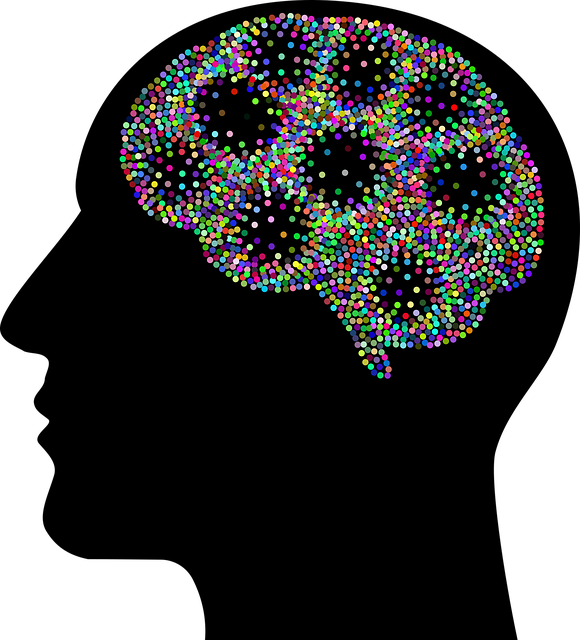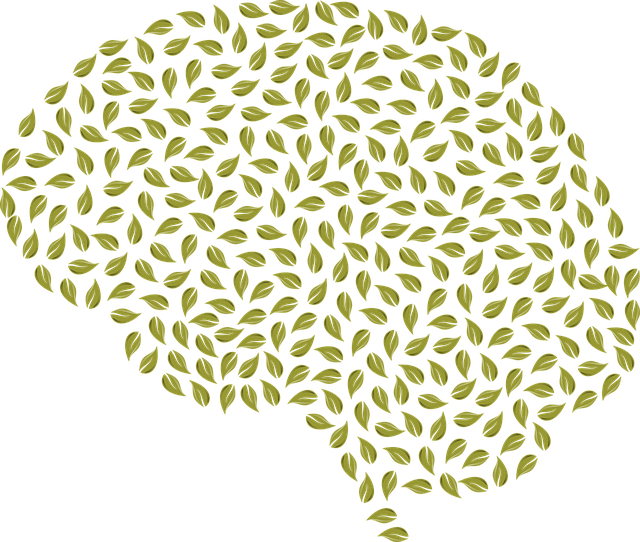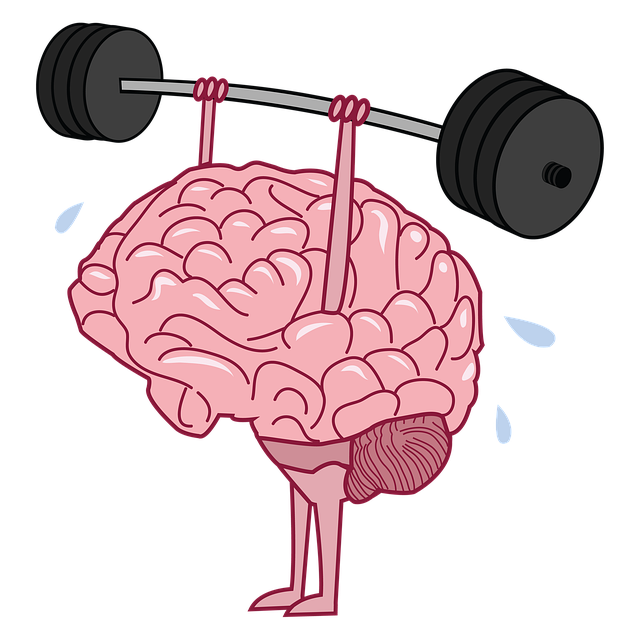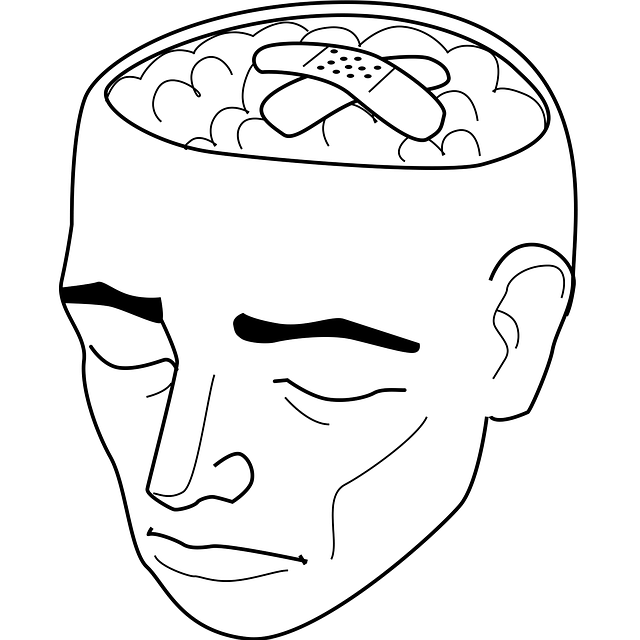Mental wellness coaching offers a holistic, empathy-driven alternative to traditional therapy, focusing on personal growth and resilience through techniques like Acceptance and Commitment Therapy (ACT). Coaches create safe spaces for clients to explore emotions, thoughts, and behaviors without judgment, setting goals, integrating self-care routines, and employing evidence-based practices. This approach equips individuals with tools to navigate life's challenges with greater ease and well-being, aligning with Mind Over Matter principles. By integrating ACT and tailored programs, coaching initiatives enhance stress management, challenge overcoming, and stigma reduction, amplifying reach through podcasts and campaigns. Success is measured using pre- and post-assessments tracking anxiety, depression, stress management, and psychological flexibility, demonstrating tangible benefits for adults seeking therapy.
Mental wellness coaching has emerged as a powerful tool for adults seeking holistic personal growth. This article delves into the development of effective mental wellness coaching programs, exploring evidence-based practices like Acceptance and Commitment Therapy (ACT), which fosters freedom and well-being. We’ll examine key components, research integration, and success measurement, providing insights into transforming lives through tailored coaching sessions. Uncover how these programs enhance adult learning experiences, offering a new perspective on therapy for adults.
- Understanding Mental Wellness Coaching: A Holistic Approach to Well-being
- Acceptance and Commitment Therapy (ACT): Unlocking Personal Growth and Freedom
- Designing Effective Coaching Programs: Key Components for Adult Learners
- Integrating Evidence-Based Practices: Enhancing Coaching Sessions with Research
- Measuring Success and Impact: Evaluating the Effectiveness of Mental Wellness Coaching
Understanding Mental Wellness Coaching: A Holistic Approach to Well-being

Mental wellness coaching is a holistic approach to well-being that goes beyond traditional therapy. Unlike therapy for adults, which often focuses on diagnosing and treating specific mental health conditions, wellness coaching empowers individuals to cultivate resilience, self-awareness, and personal growth. Coaches employ empathy building strategies to create a safe space where clients can explore their emotions, thoughts, and behaviors without judgment. By facilitating open communication, coaches help individuals gain insights into their unique triggers and develop effective conflict resolution techniques.
This supportive process enables people to identify and set meaningful goals for their mental health journey. Through tailored guidance, clients learn to integrate self-care routine development for better mental health into their daily lives. Leveraging evidence-based practices like Acceptance and Commitment Therapy (ACT), coaches guide individuals in embracing the present moment, cultivating values-driven actions, and fostering a deeper connection with themselves. This transformative approach equips people with the tools necessary to navigate life’s challenges with greater ease and resilience.
Acceptance and Commitment Therapy (ACT): Unlocking Personal Growth and Freedom

Acceptance and Commitment Therapy (ACT) is a powerful approach that helps adults unlock their personal growth and freedom by fostering self-awareness and acceptance. This therapy encourages individuals to develop a deeper understanding of their thoughts, emotions, and behaviors, allowing them to make conscious choices aligned with their values. Through ACT, clients learn to engage in self-awareness exercises that promote mindfulness, enabling them to observe rather than judge their internal experiences.
By cultivating present-moment awareness and embracing all aspects of themselves, individuals can enhance their positive thinking and build resilience. Additionally, ACT facilitates a confidence boost as people learn to take action in accordance with their authentic selves, leading to greater life satisfaction and well-being. This therapy is particularly effective for adults seeking personal growth, as it empowers them to break free from unhelpful thought patterns and embrace a more fulfilling and meaningful existence.
Designing Effective Coaching Programs: Key Components for Adult Learners

Designing effective coaching programs for adult learners requires a deep understanding of their unique needs and preferences. Unlike traditional therapy models, which often focus on diagnosing and treating specific mental health conditions, mental wellness coaching employs a more personalized approach to foster self-discovery and growth. For adults seeking support, Acceptance and Commitment Therapy (ACT) has emerged as a powerful tool within coaching programs. ACT encourages clients to accept their emotions while committing to valued actions, promoting a mindset that enhances overall well-being.
Key components of successful coaching programs include creating a safe and non-judgmental space, establishing clear goals tailored to the individual’s aspirations, and employing evidence-based techniques such as mindfulness exercises and cognitive reframing. Additionally, incorporating elements of community outreach programs and mental health awareness campaigns can amplify the impact of these initiatives. Stress management workshops, for instance, can equip participants with practical tools to navigate demanding lifestyles while fostering a sense of belonging and support.
Integrating Evidence-Based Practices: Enhancing Coaching Sessions with Research

Integrating evidence-based practices is a cornerstone of effective mental wellness coaching programs. Techniques such as Acceptance and Commitment Therapy (ACT) have proven to be transformative for adults seeking personal growth and improved mental health. By incorporating research-backed methodologies, coaches can enhance their sessions, providing clients with practical tools to manage stress, overcome challenges, and cultivate resilience. This approach not only enhances the overall therapeutic experience but also ensures that the coaching aligns with the latest advancements in the field.
Incorporating evidence-based practices also addresses crucial aspects like risk management planning for mental health professionals, fostering a safe and supportive environment for clients. Additionally, it contributes to stigma reduction efforts by promoting understanding and acceptance of various mental illnesses. Moreover, engaging in such practices can inform the development of compelling mental wellness podcast series production, offering accessible content that resonates with a broader audience, thereby amplifying the reach and impact of coaching initiatives.
Measuring Success and Impact: Evaluating the Effectiveness of Mental Wellness Coaching

Measuring success in mental wellness coaching is paramount to understanding its impact and effectiveness. It’s not enough to simply provide guidance; coaches need to quantify changes in their clients’ well-being. This involves pre- and post-coaching assessments, utilizing validated tools such as standardized questionnaires and self-report measures. These evaluations can track improvements in symptoms related to anxiety, depression, stress management, and overall psychological flexibility—key aspects addressed by therapeutic approaches like Acceptance and Commitment Therapy (ACT).
By comparing client outcomes against established benchmarks, coaches can objectively assess whether their programs align with the Mind Over Matter principles that underpin effective mental wellness interventions. This data-driven approach not only helps in refining coaching strategies but also plays a vital role in public awareness campaigns development, demonstrating the tangible benefits of these initiatives. Ultimately, successful evaluation leads to improved anxiety relief and better mental health outcomes for those seeking support.
Mental wellness coaching programs, enriched by evidence-based practices like Acceptance and Commitment Therapy (ACT), offer a holistic approach to personal growth. By integrating key components such as goal setting, mindfulness techniques, and behavioral activation, these programs empower adults to navigate life’s challenges with greater resilience and well-being. Measuring success through rigorous evaluations ensures that coaching sessions remain effective and impactful, fostering sustainable transformation in the mental wellness landscape for therapy seekers.














